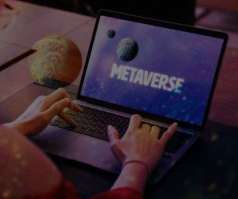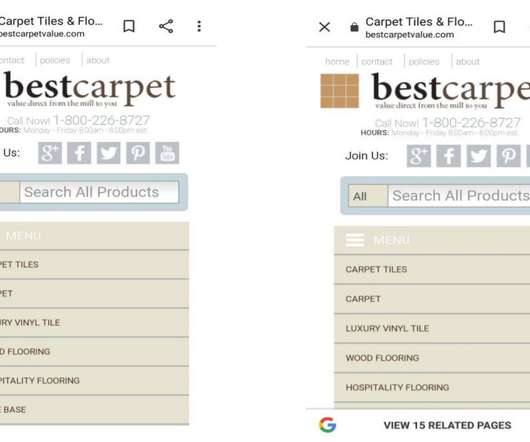IP infringement in Metaverse
IIPRD
OCTOBER 17, 2022
It identifies the product of that company and recognizes its own and gives some rights to ownership that can be enforced. It also protects the product from unauthorized use by a third party. This can a lesson for the companies interested in the metaverse.











Let's personalize your content